Protein Powder for Women is a crucial macronutrient in fitness and health. Whether you aim to increase muscle mass, shed excess weight, or enhance your general well-being, ensuring sufficient protein intake is crucial.
Protein powders provide a convenient method to improve your dietary intake and fulfill your protein requirements, but choosing the right one can be daunting with so many options.
This guide aims to simplify the process by highlighting key considerations and recommending some of the best protein powders for women.
Importance of Protein
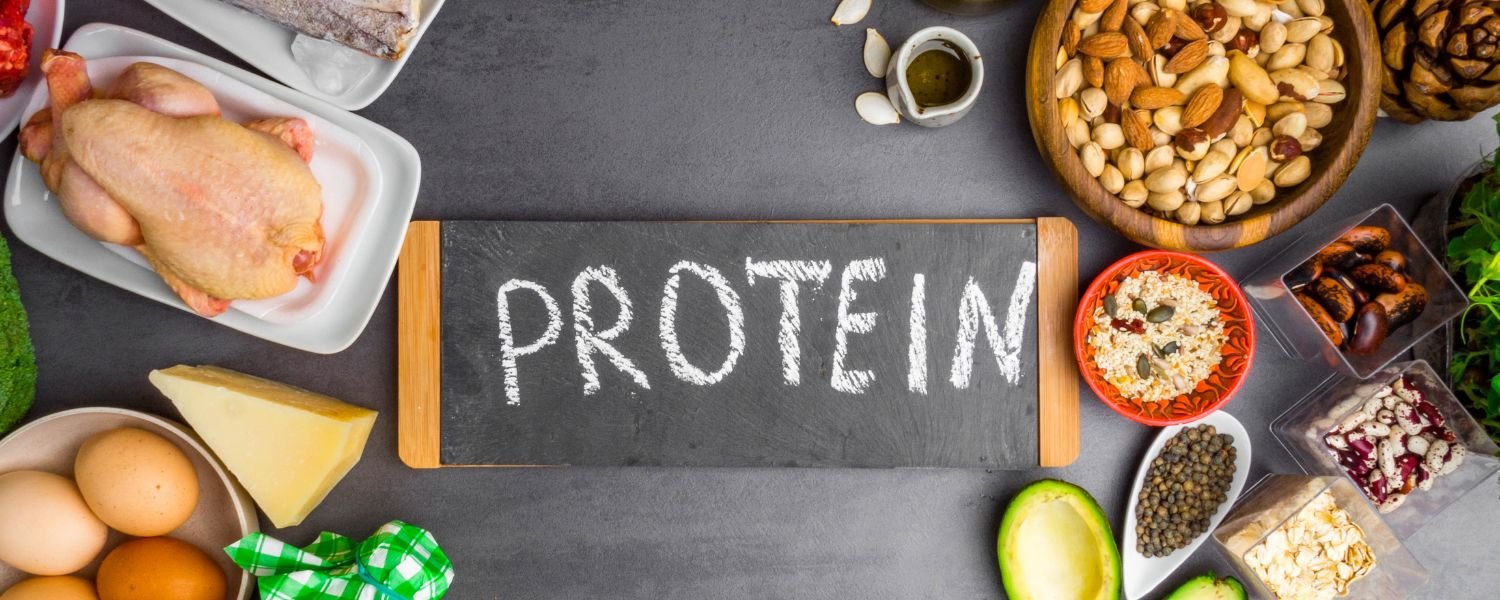
Protein is one of the most critical macronutrients for overall health and well-being. Its significance spans various bodily functions, making it indispensable in maintaining optimal health, particularly for women.
Here’s a deeper dive into why protein holds such paramount importance:
1. Muscle Growth and Repair
Protein is the building block for muscles, facilitating their growth and repair. Sufficient protein consumption is vital for women who participate in consistent physical activity to aid in the recovery and growth of muscles.
2. Cellular Structure and Function
Proteins are integral components of every cell in the body, contributing to their structure and aiding in various cellular functions.
From enzymes that facilitate chemical reactions to hormones that regulate bodily processes, proteins play diverse roles in cellular health.
3. Immune Function
Proteins form the basis of several components within the immune system, including antibodies and immune cells. Ensuring sufficient protein intake is essential for a robust immune response, helping the body defend against infections and illnesses.
4. Hormone Regulation
Hormones are chemical messengers vital in numerous physiological processes, including metabolism, reproduction, and stress response.
Proteins are involved in synthesizing, transporting, and regulating hormones, highlighting their importance in hormonal balance.
5. Tissue Repair
Protein plays a very important role in the repair and healing of tissues. It provides the amino acids to rebuild damaged tissues and promote recovery from injuries or surgeries.
6. Enzyme Production
Enzymes are proteins that catalyze biochemical reactions in the body, facilitating digestion, metabolism, and detoxification. Adequate protein intake ensures the production of sufficient enzymes to support these essential functions.
7. Transportation of Nutrients
Certain proteins, such as albumin, act as carriers that transport nutrients, hormones, and other molecules throughout the body. This aids in transporting vital nutrients to cells and tissues, promoting overall health and vigor.
8. Hair, Skin, and Nail Health
Collagen and similar proteins are vital for preserving connective tissue strength and structure, encompassing the skin, hair, and nails. Adequate protein intake contributes to healthy, vibrant skin, lustrous hair, and strong nails.
9. Bone Health
While calcium often takes the spotlight in discussions about bone health, protein also plays a vital role. Proteins play a vital role in both the creation and upkeep of bone tissue, maintaining bone density and strength. This, in turn, mitigates the likelihood of osteoporosis and fractures.
10. Weight Management
Ensuring an ample protein intake in your weight loss diet enhances your efforts to manage weight through multiple pathways. Protein promotes feelings of fullness, which reduces overall calorie intake and curbs cravings.
Furthermore, digesting protein demands more energy than that required for fats and carbohydrates, resulting in a modest elevation in metabolic rate. This phenomenon can facilitate weight loss or sustain efforts aimed at weight maintenance.
Protein & Calories

Achieving a balance between protein and calories is crucial for optimizing health and supporting overall well-being. For women, this involves:
1. Meeting Protein Needs
Ensuring an adequate protein-rich food intake supports muscle health, promotes satiety, and facilitates various physiological processes.
Aim to incorporate diverse protein sources into your meals, including lean meats, poultry, fish, eggs, dairy products, legumes, nuts, seeds, and plant-based proteins.
This variety ensures you receive all the essential amino acids necessary for optimal health. Don’t forget about the benefits of including fermented foods in your diet, such as yogurt, kefir, and tempeh, which can also contribute to your protein intake while promoting gut health.
2. Balancing Caloric Intake
Consuming an appropriate number of calories to meet energy requirements while maintaining a healthy weight and supporting metabolic function.
Concentrate on nourishing foods abundant in essential vitamins, minerals, and antioxidants while restraining the intake of empty calories derived from sugary snacks, processed foods, and unhealthy fats.
3. Considering Dietary Goals
Tailoring protein and calorie intake to align with specific dietary goals, such as weight management, muscle building, athletic performance, or overall health maintenance.
Adjusting portion sizes, meal timing, and nutrient ratios to accommodate individual preferences and needs can help women achieve their desired outcomes effectively.
4. Listening to Hunger Cues
Attention to hunger and satiety cues to guide food choices and portion control. Eating mindfully, savoring meals, and honoring hunger and fullness signals can help women develop a healthier relationship with food and avoid overeating or restrictive eating patterns.
Protein Requirements for Women
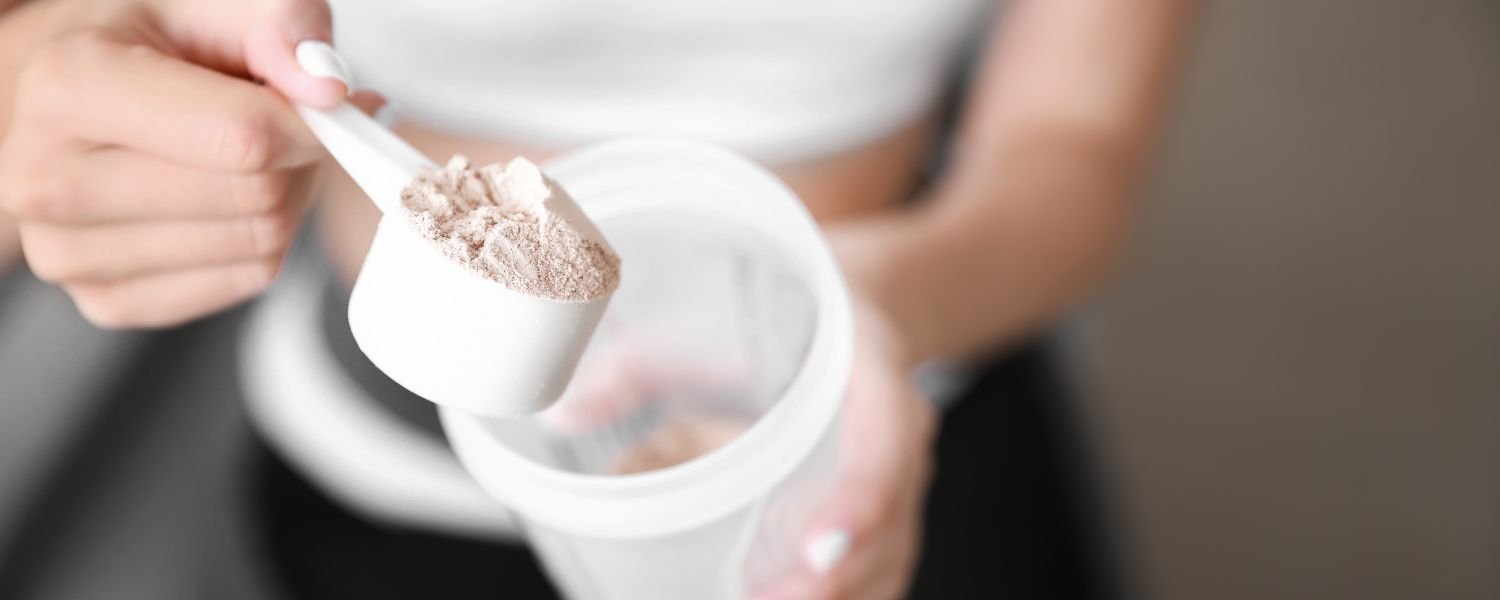
Protein is an essential nutrient crucial in various physiological functions, including muscle growth and repair, enzyme production, immune function, and hormone regulation.
For women, determining the optimal protein intake is key to supporting overall health, maintaining muscle mass, and achieving fitness goals. Here’s a comprehensive guide to understanding protein requirements for women:
Recommended Dietary Allowance (RDA) for Protein
The Recommended Dietary Allowance (RDA) for protein represents the average daily intake necessary to fulfill the nutrient needs of most healthy individuals (97-98%) within a specific life stage and gender category.
The RDA for protein varies based on age, activity level, and life stage. According to the National Academy of Medicine, the RDA for protein for adult women is:
Adult Women (19 years and older): 46 grams per day
Individual protein needs can differ depending on muscle mass, activity level, metabolic rate, and overall health. Athletes, pregnant individuals, and those recuperating from illness or injury may require increased protein intake to meet their unique requirements.
Factors Affecting Protein Requirements:
Several factors influence a woman’s protein requirements:
Age: Protein needs may increase, especially in older adults, to support muscle maintenance and prevent age-related muscle loss (sarcopenia).
Activity Level: Active women, particularly those in strength training or endurance exercise for weight loss, may require more protein to support muscle repair and growth.
Muscle Mass: Individuals with higher muscle mass may require more protein to maintain muscle health and function.
Pregnancy and Breastfeeding: Protein needs to increase during pregnancy and lactation to support fetal growth, milk production, and maternal tissue maintenance.
Health Status: Individuals recovering from illness, injury, or surgery may require additional protein to support tissue repair and healing.
Meeting Protein Needs:
To fulfill your protein requirements, incorporate an array of nutrient-rich protein sources into your meals, including:
Lean meats (chicken, turkey, lean cuts of beef or pork)
Fish and seafood
Eggs and dairy products (Greek yogurt, cottage cheese, milk)
Legumes (beans, lentils, chickpeas)
Nuts, seeds, and nut butters
Soy products (tofu, tempeh, edamame)
Incorporating these protein-rich foods into your meals helps you to meet your daily protein requirements, essential for fostering holistic health and well-being.
For personalized nutrition advice tailored to your dietary concerns or health conditions, consider consulting with a registered dietitian or healthcare provider.
Benefits of Protein for Women
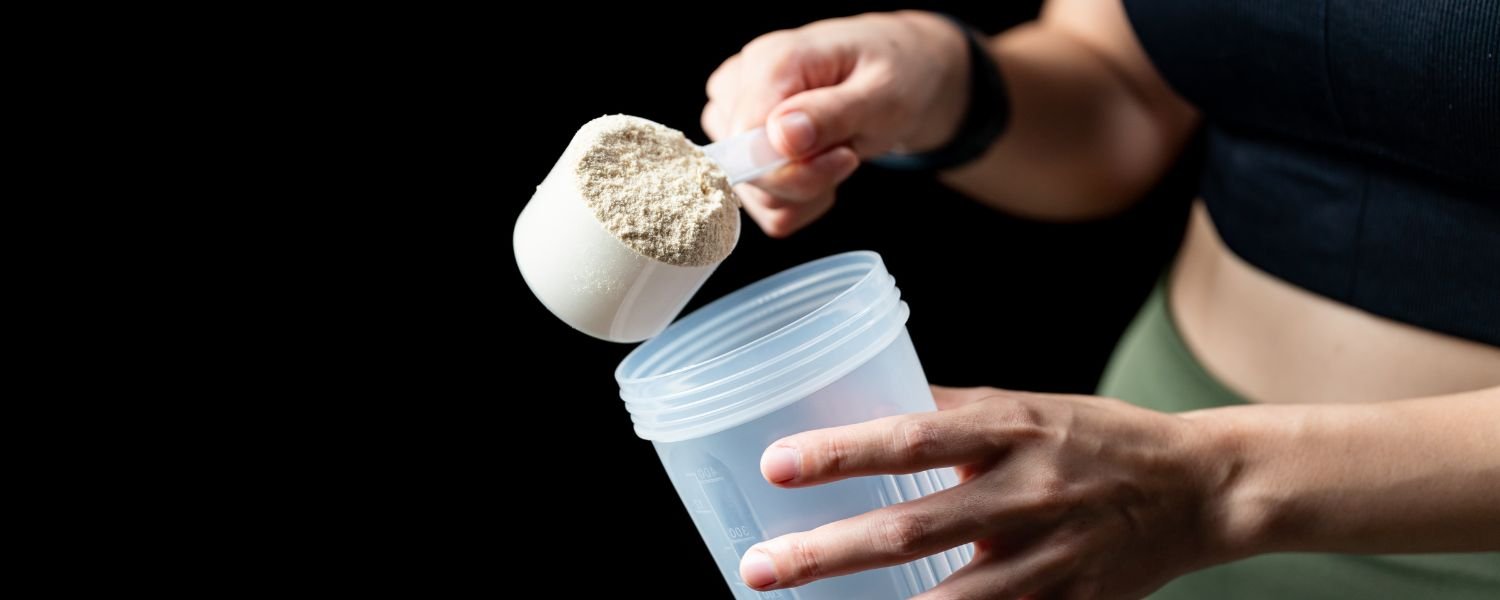
A. Promotes Muscle Health: Protein plays a critical role in preserving and fostering muscle mass, a vital consideration for women as they advance in age, facing the potential challenge of muscle loss.
B. Better Weight Management: Protein can help increase feelings of fullness, reduce overall calorie intake, and aid in weight loss or maintenance.
C. Strengthens Bones: Sufficient consumption of protein is linked to enhanced bone strength, diminishing the likelihood of osteoporosis and fractures.
D. Promotes Nourished Hair, Nails, and Skin: Protein is vital for fostering the growth and rejuvenation of hair, nails, and skin, making a substantial contribution to their overall health and visual allure.
E. Keeps Immune System Healthy: Proteins are involved in producing antibodies and other immune molecules, helping to keep the immune system strong and fight off infections.
Signs of Protein Deficiency
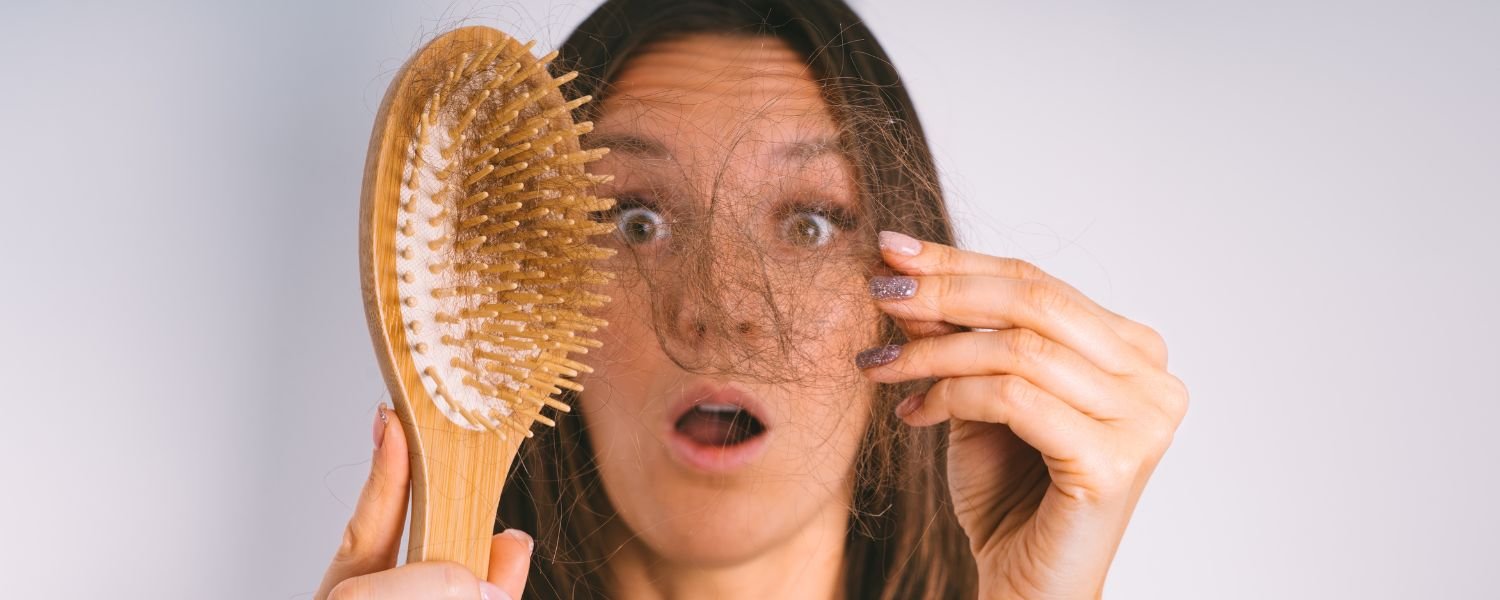
Protein deficiency can have significant consequences for overall health, as proteins play vital roles in various physiological processes throughout the body.
Recognizing the signs of protein deficiency is essential for addressing nutritional inadequacies and preventing potential health complications.
Here are some common signs and symptoms of protein deficiency in women:
1. Muscle Loss
A deficiency in protein consumption may result in the degradation of muscle tissue and a decrease in strength. Women may notice a decrease in muscle mass and strength, along with reduced physical endurance and performance, even during routine activities.
2. Difficulty in Losing Weight
Protein plays a crucial role in regulating appetite and supporting weight management efforts. Despite their efforts to restrict calorie intake or increase physical activity, women deficient in protein may struggle to lose or maintain a healthy weight.
3. Hair Fall
Protein is vital for nurturing and preserving the health of hair follicles. A protein deficiency can lead to brittle, weak hair prone to breakage and shedding. Women may notice increased hair fall or thinning, dullness, and lack of luster in their hair.
4. Thin and Brittle Nails
Proteins like keratin are crucial for the strength and integrity of nails. Inadequate protein intake can result in thin, brittle nails prone to splitting, cracking, or peeling. Women may experience slower nail growth and difficulty maintaining nail health.
5. Dry Skin
Proteins contribute to skin structure and hydration, helping maintain elasticity, firmness, and moisture balance. Protein deficiency can make dry, rough skin more susceptible to irritation, redness, and flakiness. Women may notice an overall lack of radiance and suppleness in their complexion.
6. Fatigue and Weakness
Protein plays a critical role in generating energy and maintaining overall vitality. Women with protein deficiency may experience persistent fatigue, weakness, and lethargy, even after adequate rest. Reduced muscle strength and endurance can also contribute to feelings of physical exhaustion.
7. Bone Pain
Proteins are pivotal in the formation and upkeep of bones. Protein deficiency can compromise bone health, decreasing bone density and strength.
Women may notice discomfort in weight-bearing joints like the hips, knees, and spine, which increases the likelihood of experiencing fractures.
8. Frequent Infections
Proteins play a very important role in the immune system, where they contribute to producing antibodies and immune cells responsible for safeguarding the body against infections.
Protein deficiency can weaken the immune response, making women more susceptible to frequent infections like colds, flu, and respiratory illnesses.
9. Increased Sugar Cravings
Protein helps stabilize blood sugar levels and regulate appetite, reducing cravings for sugary foods and snacks. Women with protein deficiency may experience heightened cravings for carbohydrates and sweets as the body seeks quick energy sources to compensate for inadequate protein intake.
10. Brain Fog and Mental Confusion
Protein is essential for neurotransmitter function and cognitive health. Protein deficiency can impair brain function, leading to symptoms such as brain fog, mental confusion, difficulty concentrating, and memory problems. Women may experience cognitive sluggishness and decreased mental clarity.
Recognizing these signs and symptoms of protein deficiency is crucial for addressing nutritional inadequacies and promoting overall health and well-being.
Including protein-rich foods in one’s diet, like lean meats, poultry, fish, eggs, dairy products, legumes, nuts, and seeds, aids in ensuring women fulfill their daily protein needs and stave off potential health issues linked with protein deficiency.
If you’re consistently experiencing protein deficiency symptoms, seeking guidance and evaluation from a healthcare professional is recommended to ensure appropriate assessment and support.
The Best Protein Powder for Women
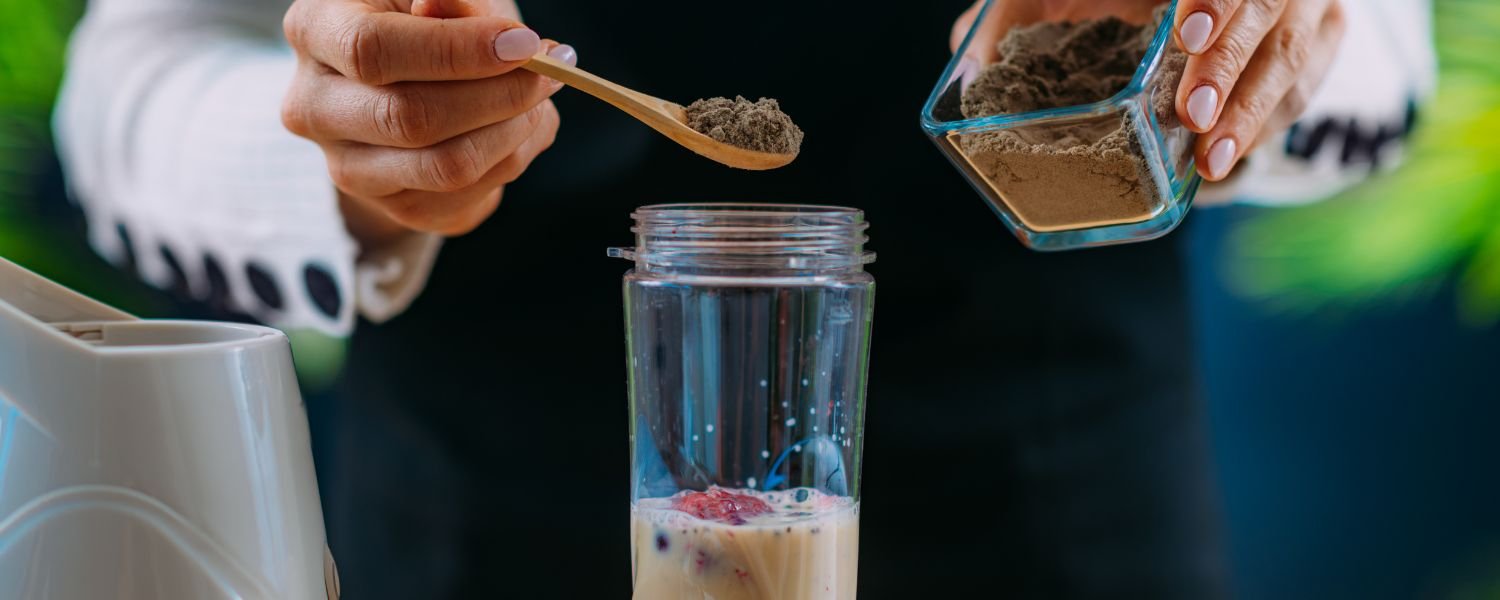
Selecting the suitable protein powder is essential for women looking to optimize their health, support their fitness goals, and meet their nutritional needs.
Selecting the ideal protein powder amidst the many options on the market can present a challenging endeavor. Here’s a curated list of top-quality protein powders that cater specifically to women’s needs:
1. Nutrabay Pure Whey Protein Concentrate
Nutrabay Pure Whey Protein Concentrate is an excellent option for women seeking a high-quality protein supplement.
Crafted from pure whey protein concentrate, this product provides a wealth of essential amino acids crucial for muscle repair, recovery, and growth.
With its fast absorption rate, this protein powder for women is ideal for post-workout fueling, helping women achieve their fitness goals effectively.
2. Nutrabay Gold Whey Protein Isolate
If you are looking for a premium protein powder for women with maximum purity and bioavailability, Nutrabay Gold Whey Protein Isolate is an excellent choice.
This protein powder is formulated using whey protein isolate, which undergoes additional processing to remove excess fat, lactose, and carbohydrates, resulting in a product that is virtually lactose-free and easy to digest.
With its high protein content and rapid absorption, it’s ideal for supporting muscle recovery and enhancing performance.
3. Nutrabay Pure Pea Protein Isolate
Women with dairy allergies or sensitivities can benefit from Nutrabay Pure Pea Protein Isolate, a plant-based protein powder derived from yellow peas.
This protein powder provides a comprehensive array of amino acids, rendering it a viable substitute for animal-derived proteins.
Pea protein is notably abundant in branched-chain amino acids (BCAAs), pivotal for facilitating muscle repair and enhancing recovery.
Additionally, it’s naturally vegan and free from common allergens, making it a versatile option for women with dietary restrictions.
4. Nutrabay Pure Soy Protein Isolate
Soy protein isolate is another plant-based protein option that provides women with a complete source of protein and essential amino acids.
Nutrabay Pure Soy Protein Isolate is derived from non-GMO soybeans and offers numerous health benefits, including support for muscle growth, bone health, and hormonal balance.
For vegetarian and vegan women seeking to fulfill their protein requirements without sacrificing taste or quality, this protein powder for women is a superb option.
5. Nutrabay Wellness Vegan Plant Protein
Nutrabay Wellness Vegan Plant Protein combines pea, rice, and hemp protein, delivering a comprehensive array of amino acids and maximizing nutritional variety.
This protein powder for women is designed to align with health and wellness, providing a tasty and convenient method to enhance their daily protein consumption.
With its natural ingredients and superior taste, it’s an ideal choice for women following a plant-based diet or seeking a clean, sustainable protein source.
When choosing the best protein powder for women, it’s essential to consider factors such as dietary preferences, nutritional requirements, ingredient quality, and intended use.
Whether you aim to build lean muscle, support weight management, or enhance overall health, incorporating a high-quality protein powder into your daily routine can help you achieve your goals effectively.
With Nutrabay’s range of premium protein powders, women can confidently fuel their bodies, optimize their performance, and live their best lives.
Conclusion
Choosing the right protein powder for women involves considering dietary preferences, health goals, and allergies or sensitivities.
Choosing a premium protein powder tailored to your requirements can significantly improve your overall health and well-being.
Subscribe Us! For More Health Related Blogs
FAQ
Q: Can protein powder aid in weight loss?
A: Yes, protein powder can be a beneficial aid for weight loss. It has the capacity to enhance sensations of satiety, thus potentially curbing overall calorie consumption.
Q: Are there any side effects of consuming protein powder?
A: Although protein powder is generally considered safe for most individuals, consuming it excessively can result in digestive discomfort, including symptoms such as bloating and gas.
Q: Can I use protein powder if I’m pregnant or breastfeeding?
A: Before beginning any new supplement, including protein powder, during pregnancy or breastfeeding, it’s advisable to consult with your healthcare provider.
Q: How should I incorporate protein powder into my diet?
A: Protein powder offers versatility in its usage, seamlessly blending into smoothies, oatmeal, yogurt, or baked goods, effectively enhancing the protein content of both meals and snacks.

